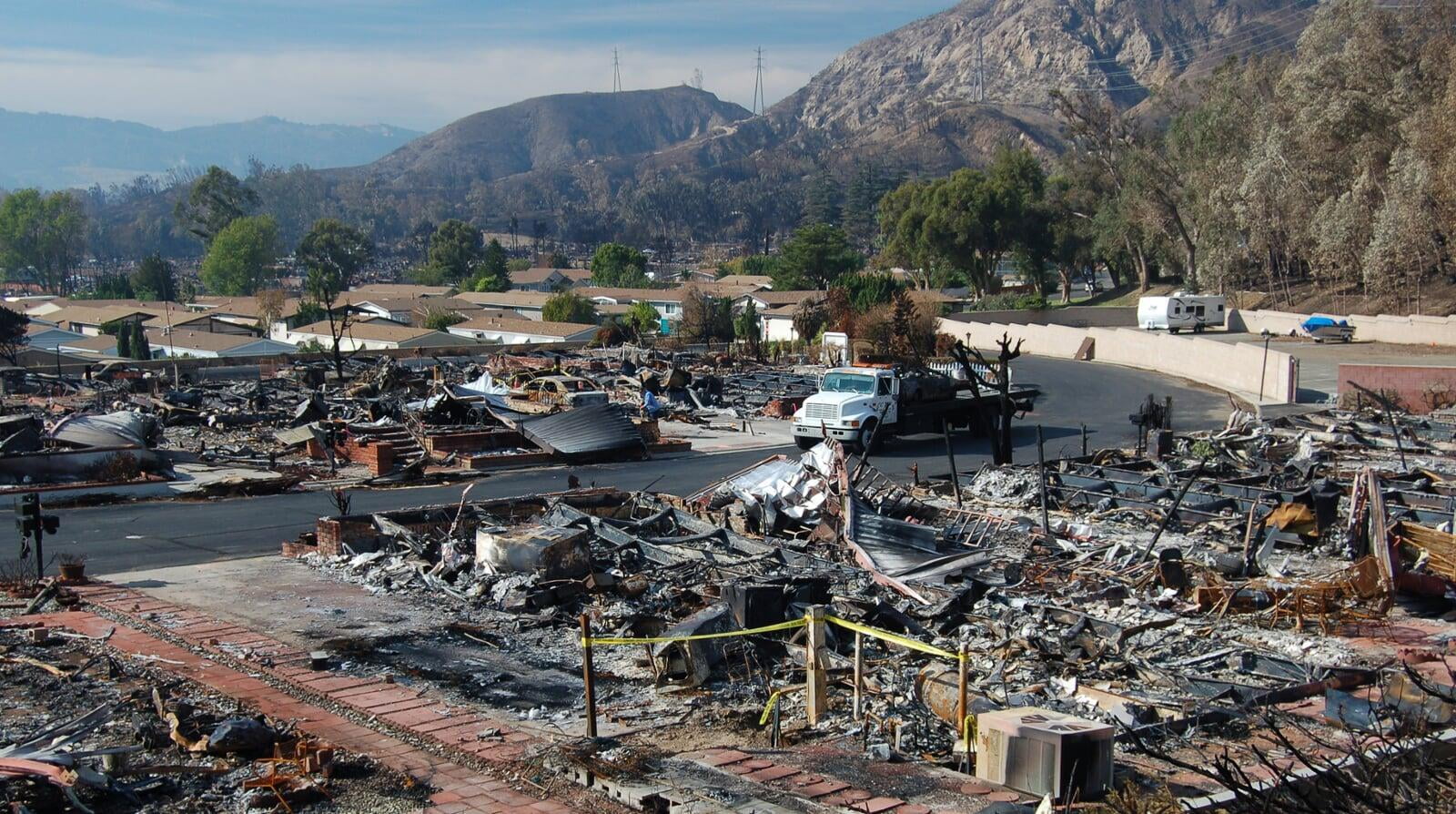 |
Natural disasters, like the storms that battered Texas, Florida and Puerto Rico, and the devastating wildfires in California, do far more damage than destroying people’s property and lives. They also disrupt local municipal budgets. Some might say, local bureaucracy is far less important than people’s homes and possessions, remember that these local governments are responsible for police and fire protection, schools, roads and other aspects of local infrastructure. One solution has been a long-standing federal program, Community Development Block Grants. Congress has used this program to help communities recover from major disasters. When superstorm Sandy descended on the New Jersey coastline in 2012, the state was able to be allocated portions of the $4.1 billion it received from the federal government to replace lost tax revenue and maintain services without having to enact steep tax increases. Congress has approved some $50 billion in block grants over the last 25 years. The communities affected by recent storms Harvey and Irma stand to receive $7.4 billion in disaster relief funds under a new bill signed recently, with more expected as recovery continues. Block grants are different from other types of disaster relief, in that there is more flexibility as to how the funds may be used. Local officials can allocate funds to compensate home and business owners and invest in various forms of economic development, along with working on infrastructure repair. They may also be used to prepare for future disasters. After the water treatment plant in Galveston, Texas succumbed to the ravages of hurricane Ike in 2008, block grant funds were used to build a new facility. The new one successfully weathered hurricane Harvey. The Northern California wildfires, which are only now being brought under control, have resulted in the destruction of more than 3,500 homes and businesses, including 22 wineries. Although it remains to be seen how much disaster relief will come from the federal government, the flexibility of the federal block grants will surely be an essential part of the recovery effort. Local governments, with their close personal ties to those who have been directly affected by the disasters, are better equipped to deploy these limited funds where they can do the most good.
Source: TBWS
